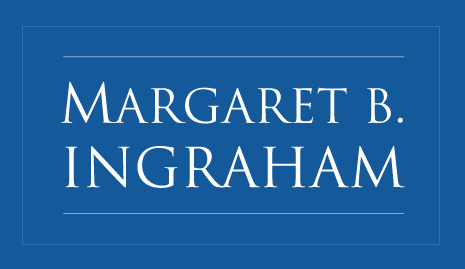Last Saturday I spent the morning in a workshop on the ancient prayer tradition known as Lectio Divina. This centuries-old form of meditation has been engaged by Christians since at least the 4th century and it is actually much older than that. In fact the practice is rooted in the ancient Hebrew tradition of haggadah, with which Jews in Jesus’ time would have been familiar. Both Lectio and hagaddah center on studying the scriptures deliberately and interactively in what might be best described as a listening way.
Before last week I was personally unfamiliar with these methods of approaching God’s Word, so I am surely not qualified to speak in any detail about either practice. But I do want to share some of the insights that came to me as I listened, because I think they relate to what we have been exploring together over this past month. Of course, my particular observations have to do with David. That means that they also bear on what I believe we can learn from him.
St. Benedict, perhaps the most well-known practitioner of Lectio, spoke about listening with the “ears of the heart” if we desire to hear, understand and obey the voice of God. The reason I say hear, understand and obey the voice of God is that all three of those English verbs are the same word in Hebrew, shema; so a listening heart is always seeking to do those three things.
When I heard Benedict’s phrase spoken aloud, I was struck by it immediately. “That was precisely the kind of attentiveness and perception that David had,” I thought. Surely the man after God’s heart apprehended the voice of God with the ears of his own shepherd’s heart.
We are told more than once in scripture that God spoke directly, and perhaps audibly, to David in the same way he did to Moses and Abraham and Samuel and others of the prophets. Then curiously the Lord seemed to stop communicating with David in that manner. From that point on, David did not have the opportunity to hear God’s voice with his physical ear. It is almost impossible to imagine how intensely he must have lamented the loss of that kind of dialogue and communion, having once experienced it. Perhaps that is what some of his deepest and most desperate outcries to the Lord to “hear” in the psalms are about. But David never stopped hearing the voice of God with clarity because he had become attuned to listening with the ears of his heart. He did so while, in his human solitude, he tended his sheep on the hill sides; and in the desert as he gazed up at the stars; and as he frantically fled from his son Absalom, who was seeking to kill him; and when he grieved alone in his tent after the prophet Nathan had confronted him about the murder of Uriah. The biblical narratives about David penned by other writers cannot completely open the window on this heart listening, his listening heart; but David’s own words can and do.
If we employ some of the principles of Lectio and hagaddah and focus attentively on the very deliberately chosen words in the psalms, you and I can discover David’s same kind of hearing. Cultivating the listening heart is what we will begin exploring next time when at last we turn to the psalms.

